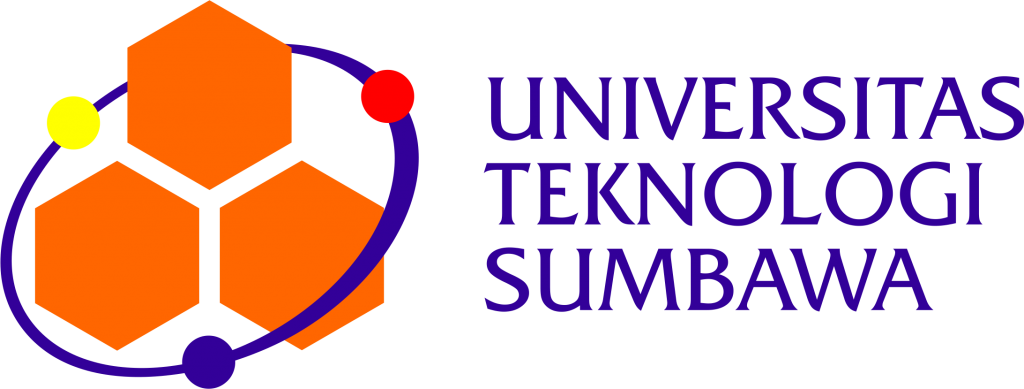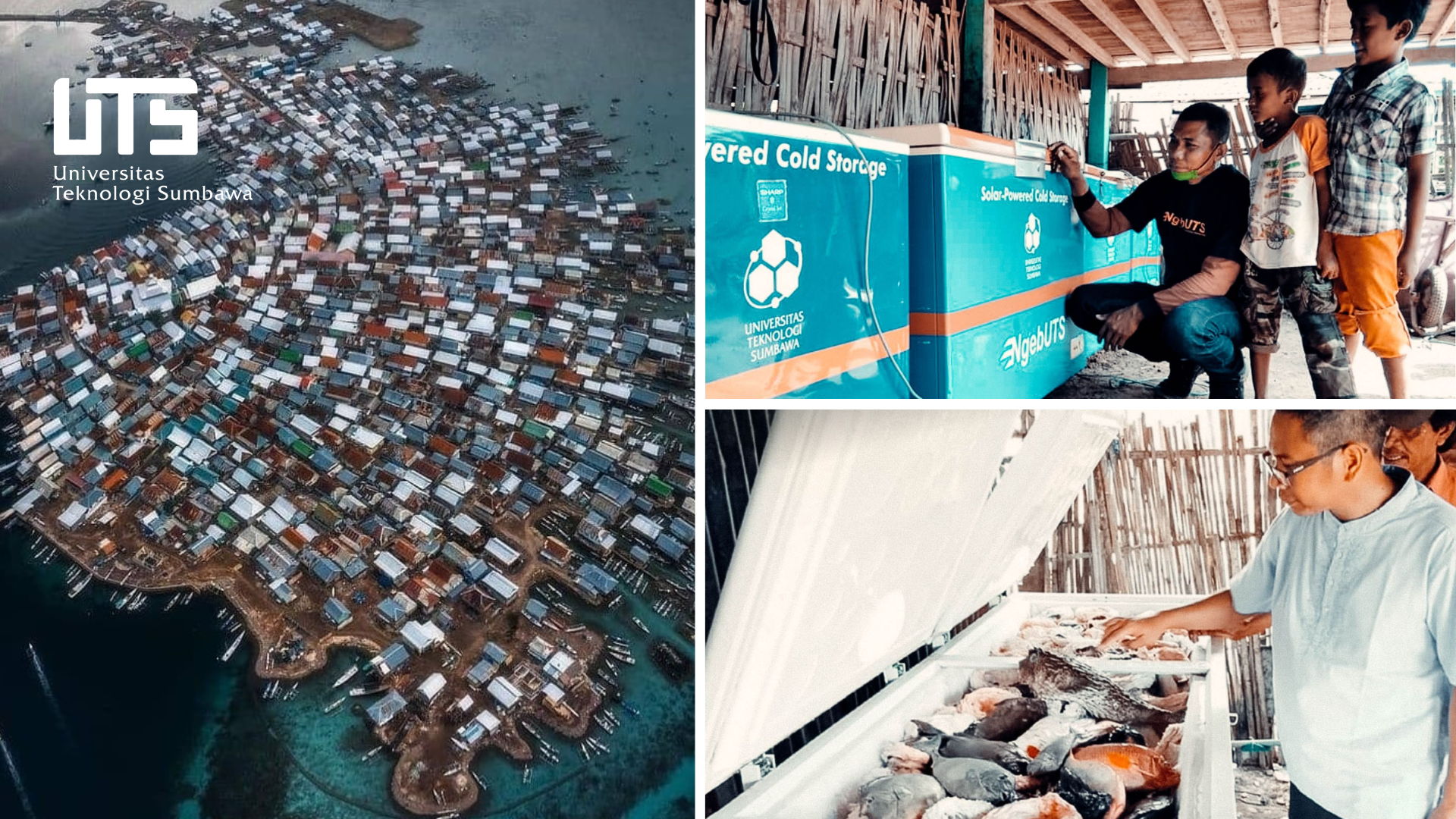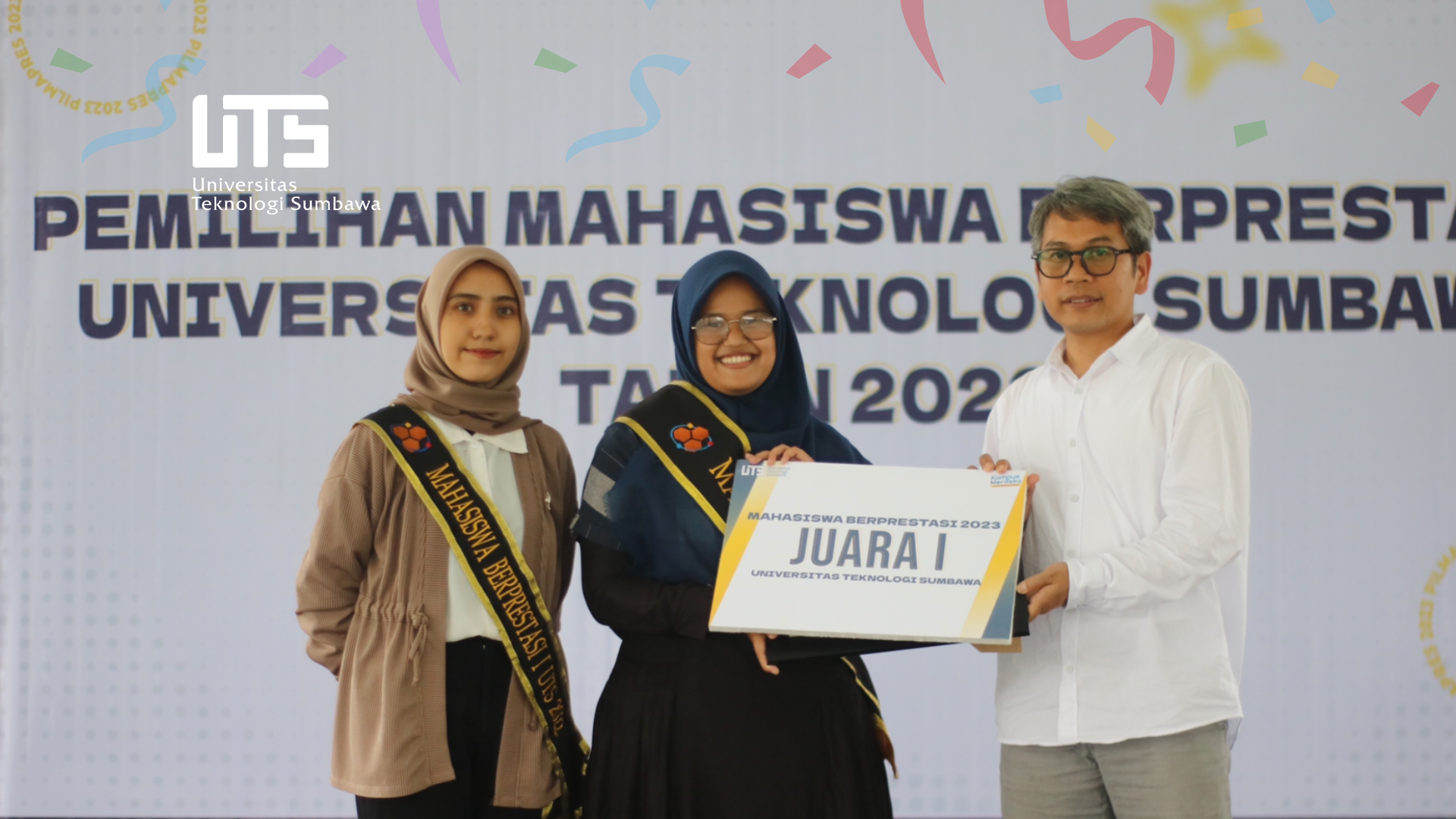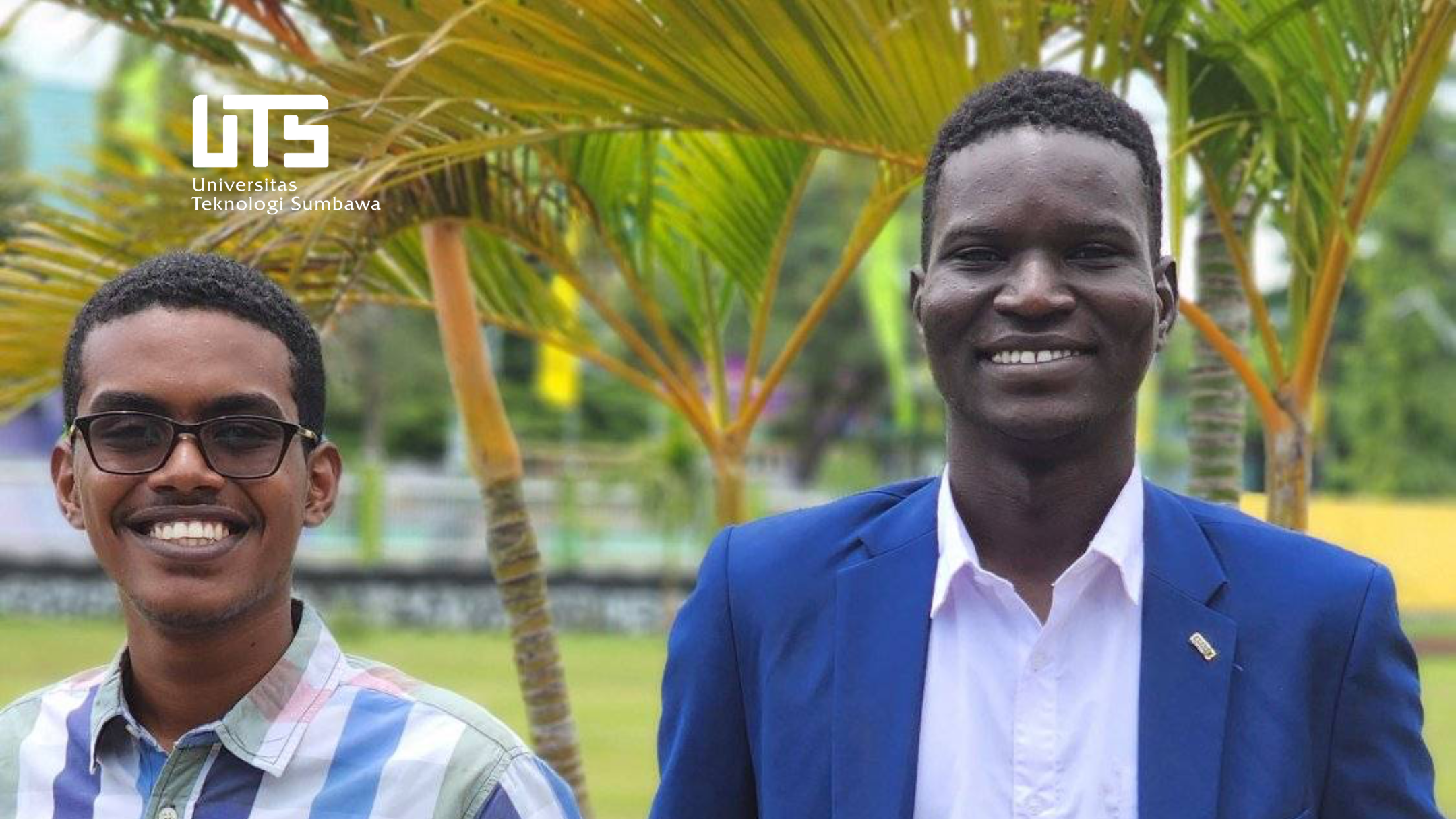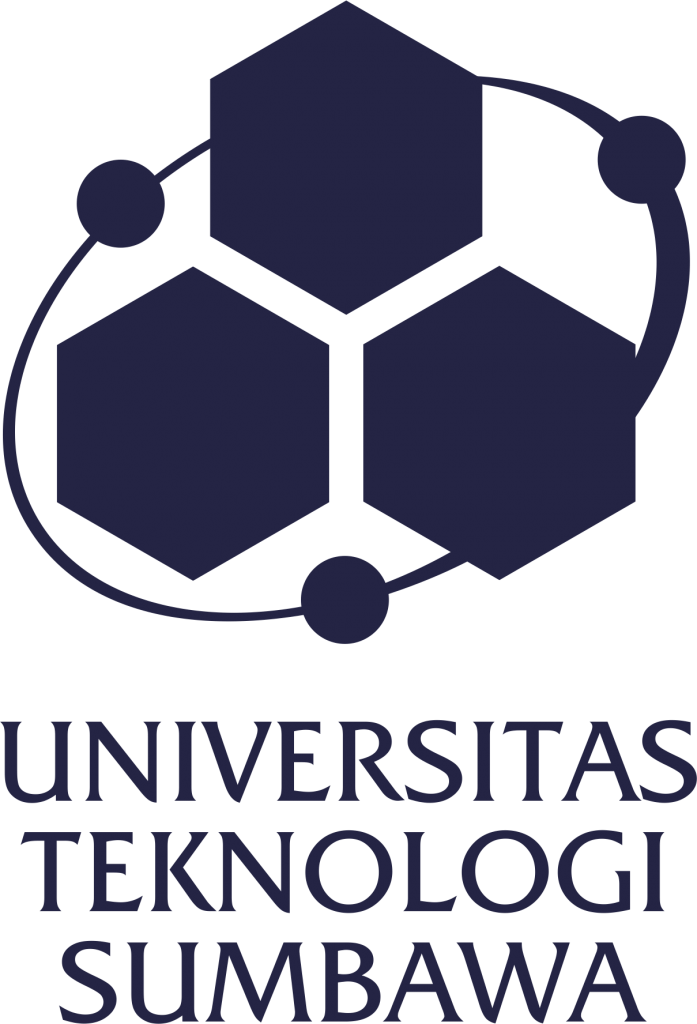Olat Maras Power (OMP) is one promising start-up funded in 2020 at the heart of the Sumbawa University of Technology (UTS). This start-up focuses on renewable energy and strives to provide innovative and appropriate technology to bring solutions to complex issues to the communities. Sumbawa island is known for being blessed with maritime resources and for being a supplier of quality fish. In the island’s coastal area, there are numerous villages whose main source of income is generated by the fishing sector. West Nusa Tenggara province is home to more than 2,182 small and medium-sized ventures in the fishing sector, positioning fisheries as the second source of employment after farming.
- Farmed fish production 1,089,317 Tons/Year
- Fishery production 208.008.29 Tons/Year
However, the production outcome is not in line with the good storage facility. The sector has enormous potential and requires the planned intervention of multiple actors in society to ensure environmental sustainability and inclusive growth. To achieve this, OMP engineers have created solar-powered cold storage that allows medium and small-scale producers to prolong the fish storage duration and eventually increase their catch and profits and at the same time reduce the detrimental impact on the environment.
Cold storages were distributed to the fishermen in Bungin Island to ease their burden from the cost of electricity as well as to disseminate renewable energy technology to the local community. This island is known as one of the most crowded islands in the world, considering the population per square meter. Bungin is connected by a bridge to Sumbawa and conserves its cultural identity. Life, culture, and customs are entirely related to the sea, which surrounds them, empowers them, provides them with food, and also separates them from the rest. Often the fishermen of Bungin island experience difficulties finding the ice cubes they need to keep their catch fresh, they normally need an average of 20 kilos a day. With cold storage, fishermen not only fishermen can prolong the period of storing their commodities, but also they are able to reduce the cost up to 30%. This tool is supplied alternately by three different energy sources, solar panels, batteries, and conventional electricity. From morning to noon, Cold Storages are supplied by solar panels, at night cold storages are supplied by batteries, then in the early hours of the morning, it uses a conventional electricity supply. This month with the support and funds of Pertamina Foundation through the PFScience program it was possible to deliver more units to the islanders.
UTS home of learning but also a place to foster innovation build and implement ideas and support industrialization in the region. After all, industrialization is not only about machines and technology, it also encompasses all aspects of people’s lives. And energy is a driver of economic growth, and one of the supports for human survival. As a young and promising university, UTS advocates for the development of green and renewable technology and environmental sustainability through science. Putting research into action, UTS empowers students, lecturers, and staff to develop new start-ups based on local resources, making use of innovations, and new technologies to contribute to the growth of the region based on the local potential. A transition to clean energy is an investment in our future.
